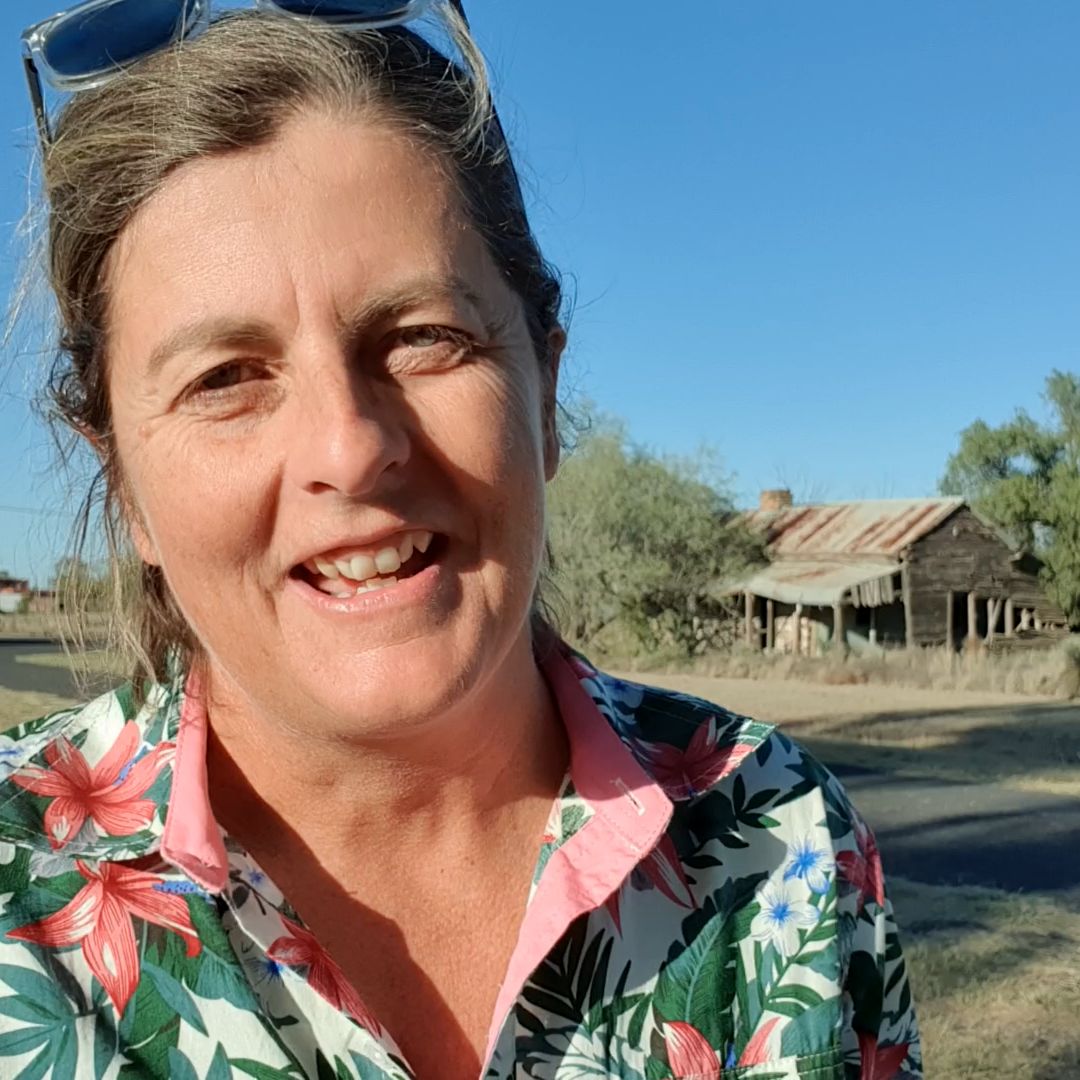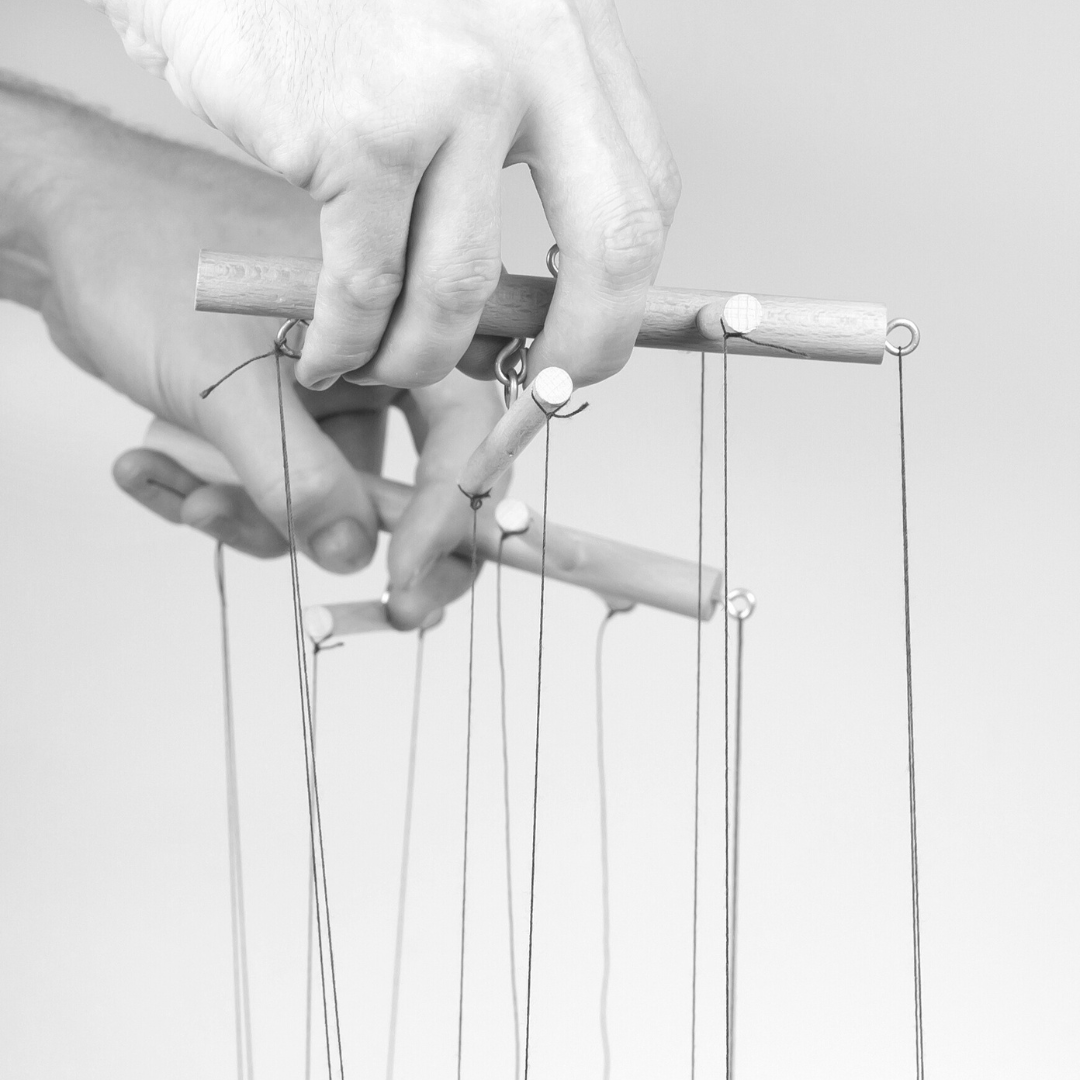The phrase “know your enemy” came onto my radar this week during a podcast episode. Noah Kagan was interviewing Patrick Bet-David, an American businessman.
“Oh for goodness sake, are you seriously stuck back there.” I yelled into thin air, exasperated.
Most mornings around 9 am, I go running with my dog Lucy leading the way. We trundle along the dirt road that passes in front our house and turn back when we reach our letterbox, a rambling 6 kilometre round trip.
I listen to podcasts while I run. The fresh air, exercise, and mental stimulation are fantastic mood enhancers—except, of course, when the guest says something quite irritating.
It’s a relic from a dark age.
The phrase “know your enemy” triggered memories of a dark phase in business. In the 1980s and 90s, business strategy was all about going to war and wiping out the competition. The fear of annihilation and losing your job during high unemployment mobilised workforces toward victory. The “win at all costs” mindset had many economic, environmental and social consequences that we continue to live with today.
Organisations are not the only exploiters of the “dog-eat-dog” schtick. Individuals do it, too. Images of Trump, Murdoch and other icons of misogyny flashed into my mind. I thought about the writers of those horrible how-to-pick-up-women books and slick-suited, Ferrari-toting Instagram influencers.
That’s a lot of mental junk spewed up from three simple words, don’t you think? It caught my attention, too.
Bet-David didn’t coin the expression or popularise it. That privilege goes to Sun Tzu in Art of War. The full quote goes like this:
“If you know the enemy and know yourself, you need not fear the result of a hundred battles. If you know yourself but not the enemy, for every victory gained you will also suffer defeat. If you know neither the enemy nor yourself, you will succumb in every battle.”
– Sun Tzu Art of War
Interestingly, when I read Sun Tzu’s original quote, I didn’t feel the same eruption of repulsion that emerged when Bet-David spoke.
And can attract a bad element.
“Know your enemy” bubbled into my mind again when I sat down to write this week’s story for Monday Brunch.
The first I heard of Bet-David was on Kagan’s podcast. Kagan focused the conversation on Bet-David’s journey from a refugee camp to a nine-figure fortune. Compared to other interviews, there was little discussion of Bet-David’s broader life.
I jumped onto the internet to learn more about this new thorn in my side.
His Wikipedia profile covers the basics of his back story. He is a self-made $200 Million juggernaut who had his big payday via an insurance business. His family fled Iran in 1989 as refugees and arrived in the USA in 1990. He served in the US Army for three years and rose to fame as a YouTuber.
“Ha!” the word actually issued from my lips as I scrolled down the page.
He also cohorts with some of the most infamous misogynists on the planet. I won’t name them, you can look for yourself if interested.
Intuition is an incredible thing, is it not? My mind dialled into his “type” without knowing anything about the guy. It gathered data from his tone of voice and word choice. It spotted subtleties that the conscious mind didn’t register and then flashed images into my mind to show me what it had found. All while listening to a podcast.
Bet-David: an icon of misogyny. Now, there’s an enemy (the attitude not the man).
But, does that make Sun Tzu wrong?
Defining who or what is your enemy sharpens your field of focus. It clarifies the boundary between what’s in and out of scope, which is vital to progress, efficiency and effectiveness.
Your enemy doesn’t have to be a person or organisation. It could be:
- a situation you’re moving away from,
- what you don’t want to be,
- an inhibiting attitude or
- the greatest threat to your success.
Choosing the right enemy impacts all that follows because it shapes your attitude and choices.
Run Against Violence (RAV) is a great example of this principle.
RAV is a charity I founded to build communities where family violence no longer lives.
So, what/who is the enemy of RAV?
Family violence? Yes-ish.
Perpetrators? Could be.
Our biggest enemy, the thing most likely to cause our failure and demise, is the status quo.
Solutions already exist for building violence-free communities, but as a community, we lack the willpower and the pathway toward change.
When we see our enemy as “Status Quo” rather than “Perpetrators” we begin fighting a very different battle. We focus on community engagement, education, and strategies for accelerating innovation.
If our enemy is “Perpetrators”, our pathway would be law reform, behaviour change programs and incarceration.
Our community is the soil from which perpetrators arise. We must change the soil, or we will forever battle successive waves of attack.
So, with all that said, I have something to thank Bet-David for. He triggered a few minutes of introspection around a phrase that had become tainted in my mind. “Know your enemy” shouldn’t be stigmatised by historical aggressions and those who choose to misdirect it.
It offers a valuable filter for examining complex situations through a different lens and guiding more effective actions and change.



